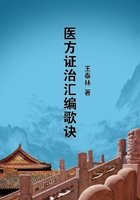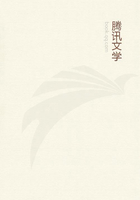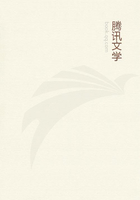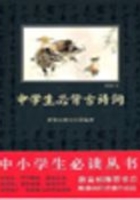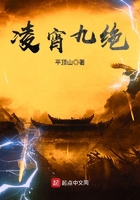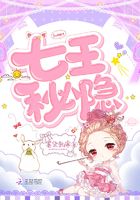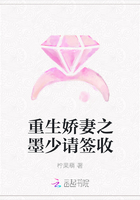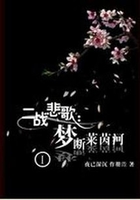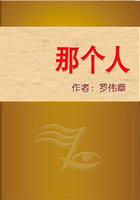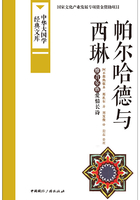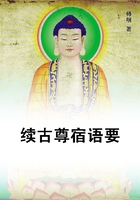This concentration, so to say, of the nature of Adonis upon the cereal crops is characteristic of the stage of culture reached by his worshippers in historical times. They had left the nomadic life of the wandering hunter and herdsman far behind them; for ages they had been settled on the land, and had depended for their subsistence mainly on the products of tillage. The berries and roots of the wilderness, the grass of the pastures, which had been matters of vital importance to their ruder forefathers, were now of little moment to them: more and more their thoughts and energies were engrossed by the staple of their life, the corn; more and more accordingly the propitiation of the deities of fertility in general and of the corn-spirit in particular tended to become the central feature of their religion. The aim they set before themselves in celebrating the rites was thoroughly practical. It was no vague poetical sentiment which prompted them to hail with joy the rebirth of vegetation and to mourn its decline. Hunger, felt or feared, was the mainspring of the worship of Adonis.
It has been suggested by Father Lagrange that the mourning for Adonis was essentially a harvest rite designed to propitiate the corngod, who was then either perishing under the sickles of the reapers, or being trodden to death under the hoofs of the oxen on the threshing-floor. While the men slew him, the women wept crocodile tears at home to appease his natural indignation by a show of grief for his death. The theory fits in well with the dates of the festivals, which fell in spring or summer; for spring and summer, not autumn, are the seasons of the barley and wheat harvests in the lands which worshipped Adonis. Further, the hypothesis is confirmed by the practice of the Egyptian reapers, who lamented, calling upon Isis, when they cut the first corn; and it is recommended by the analogous customs of many hunting tribes, who testify great respect for the animals which they kill and eat.
Thus interpreted the death of Adonis is not the natural decay of vegetation in general under the summer heat or the winter cold; it is the violent destruction of the corn by man, who cuts it down on the field, stamps it to pieces on the threshing-floor, and grinds it to powder in the mill. That this was indeed the principal aspect in which Adonis presented himself in later times to the agricultural peoples of the Levant, may be admitted; but whether from the beginning he had been the corn and nothing but the corn, may be doubted. At an earlier period he may have been to the herdsman, above all, the tender herbage which sprouts after rain, offering rich pasture to the lean and hungry cattle. Earlier still he may have embodied the spirit of the nuts and berries which the autumn woods yield to the savage hunter and his squaw.
And just as the husband-man must propitiate the spirit of the corn which he consumes, so the herdsman must appease the spirit of the grass and leaves which his cattle munch, and the hunter must soothe the spirit of the roots which he digs, and of the fruits which he gathers from the bough. In all cases the propitiation of the injured and angry, sprite would naturally comprise elaborate excuses and apologies, accompanied by loud lamentations at his decease whenever, through some deplorable accident or necessity, he happened to be murdered as well as robbed. Only we must bear in mind that the savage hunter and herdsman of those early days had probably not yet attained to the abstract idea of vegetation in general; and that accordingly, so far as Adonis existed for them at all, he must have been the Adon or lord of each individual tree and plant rather than a personification of vegetable life as a whole. Thus there would be as many Adonises as there were trees and shrubs, and each of them might expect to receive satisfaction for any damage done to his person or property. And year by year, when the trees were deciduous, every Adonis would seem to bleed to death with the red leaves of autumn and to come to life again with the fresh green of spring.

